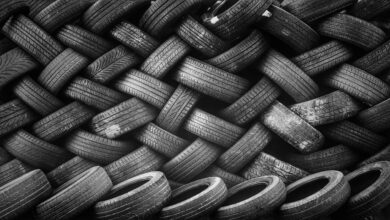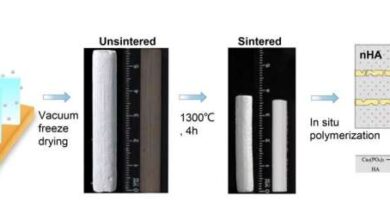Plastic waste pilot shows focus on people pays off

Iranpolymer/Baspar When Albert Einstein famously said that ‘We cannot solve our problems with the same thinking we used when we created them’, he probably was not thinking about plastic pollution.
Yet the problem of plastic waste and its environmental impact is a case in point. Over the years, it has become clear that conventional efforts to achieve changes in behaviour and instil better waste management practices, amongst others in global developing markets, although certainly not just there, have somehow missed their intended goal.
Now, a pioneering new collaboration in South Africa has decided to do things differently. By both successfully building public awareness through the imaginative use of art, song, comedy skits, as well as practical measures, the project saw some seven tonnes of plastic waste diverted from the environment.
The project, which was given the name Masibambisane – meaning strength in unity in the local Ndebele dialect – sought to address several challenge statements as issued by the UKRI and WRAP International Circular Plastics Flagship Competition: the poor economic viability of collection and recycling leading to littering, particularly for low-value plastics, and weak demand from end markets. It also sought to address the lack of equipment, operational resources and space, contamination of waste and unfair pricing and trade practices.
To that end, a feasibility study was conducted in the Thembisile Hani local municipality of the Mpumalanga Province in South Africa. The study was run by researchers from the University of Portsmouth’s Revolution Plastics team and the Department of Agriculture, Rural Development and Environmental Affairs in partnership with the UK-based charity WasteAid.
The goal was both to educate people about the dangers of dumping and burning waste and to take steps to increase waste recycling, such as supporting informal waste collectors and introducing community drop-off points for recyclables.

The 10-month campaign showed promising results in just a short period of time. Nearly 21 percent of community members surveyed now use the community bins for better waste separation and segregation. Most importantly two-thirds of respondents noted a positive change in their environment, with nearly half attributing the transformation to the presence of community bins.
It was found that the arts-based methods – in particular the creation of murals – were significant drivers in the success of the project.
The University of Portsmouth played a crucial role in designing a creative sensitisation campaign to support the pilot scheme, in collaboration with local stakeholders including artists, musicians, and waste collectors.

sustainableplastics






